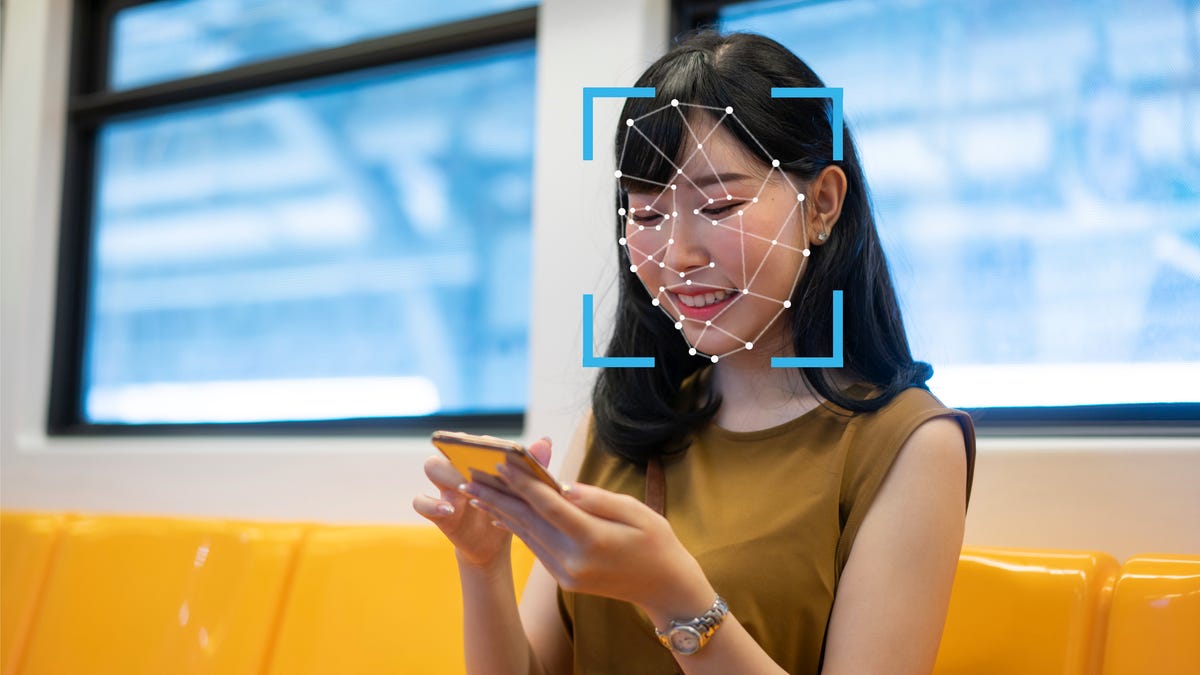House Committee Questions ID.me Over Verifying COVID Unemployment Claims
The committee wants to know whether ID.me's facial recognition technology "may have undermined the effectiveness, efficiency and equity of unemployment assistance programs during the coronavirus pandemic."

The US House Committee on Oversight and Reform and the Select Subcommittee on the Coronavirus Crisis have asked facial recognition company ID.me to send details of its contracts with governments, saying its technology "may have undermined the effectiveness, efficiency and equity of unemployment assistance programs during the coronavirus pandemic."
Both committees outlined "serious concerns" about the security, privacy and efficacy of using ID.me's technology, Rep. Carolyn B. Maloney, chairwoman of the Committee on Oversight and Reform, and Rep. James E. Clyburn, chairman of the Select Subcommittee on the Coronavirus Crisis, said in a letter Thursday.
Their concern is that many states used ID.me to expedite unemployment claims during the COVID pandemic, but the process, including the use of phone cameras and email addresses, "may have barred Americans who lacked those resources from government assistance entirely." Long wait times for calls also could have kept people from receiving critical aid "for weeks on end," the letter says.
The Oversight Committee also expressed concerns over the oversight and regulation of using facial recognition in government -- "and its potential to discriminate against certain groups, such as people of color and women."
It follows the IRS in February saying it would no longer use facial recognition to verify the identity of users on its site amid concerns over privacy in giving a third-party company access to personal information. The IRS had announced in November 2021 that it would use ID.me's services for new users of its site.
"The IRS takes taxpayer privacy and security seriously, and we understand the concerns that have been raised," IRS Commissioner Chuck Rettig said in a statement in February. "Everyone should feel comfortable with how their personal information is secured, and we are quickly pursuing short-term options that do not involve facial recognition."
ID.me will provide information to the committee on how it "has expanded access to government for disadvantaged Americans, including individuals who do not have credit history, are underbanked or are without a home," the company told CNET in an emailed statement.
"ID.me has nearly doubled the number of people able to create an IRS account, and made it easier for 'many Americans -- including low income earners and minorities -- to access their tax information,'" ID.me said. "ID.me remains a highly effective solution available for government agencies that provides the most access for under-served Americans."

